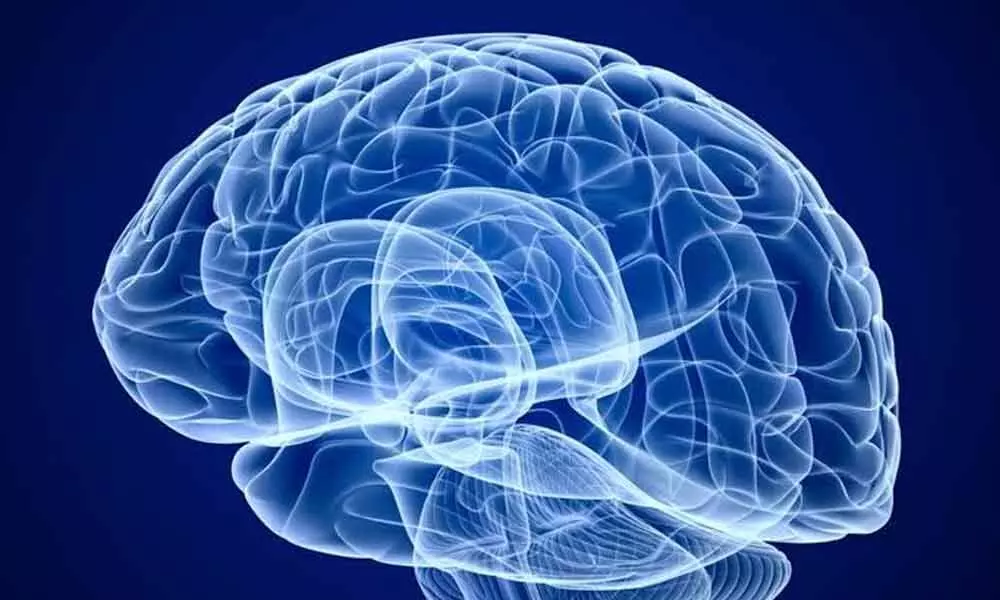Regions of brain where serotonin promotes patience identified

Regions of brain where serotonin promotes patience identified
Researchers have identified specific areas of the brain that individually promote patience through the action of serotonin, a chemical that the body produces.
Tokyo: Researchers have identified specific areas of the brain that individually promote patience through the action of serotonin, a chemical that the body produces.
The research, published in the journal Science Advances, gains significance in view of the fact that learning to suppress the impulse for instant gratification is often vital for future success, but how patience is regulated in the brain remains poorly understood.
"Serotonin is one of the most famous neuromodulators of behaviour, helping to regulate mood, sleep-wake cycles and appetite," said study co-author Katsuhiko Miyazaki from Okinawa Institute of Science and Technology Graduate University in Japan.
The study on mice showed that serotonin-releasing neurons from dorsal raphe nucleus (DRN) penetrate many other areas of the brain, including the nucleus accumbens (NAc), orbitofrontal cortex (OFC) and medial prefrontal cortex (mPFC).
"Our research shows that release of this chemical messenger also plays a crucial role in promoting patience, increasing the time that mice are willing to wait for a food reward."
The study draws heavily on previous research, where the unit used a powerful technique called optogenetics -- using light to stimulate specific neurons in the brain -- to establish a causal link between serotonin and patience.
In the previous study, the scientists focused on an area of the brain called the dorsal raphe nucleus -- the central hub of serotonin-releasing neurons.
Neurons from the dorsal raphe nucleus reach out into other areas of the forebrain and in their most recent study, the scientists explored specifically which of these other brain areas contributed to regulating patience.
The researchers found that serotonin stimulation in the orbitofrontal cortex is nearly as effective as that in the dorsal raphe nucleus for promoting waiting, while in the nucleus accumbens, it does not promote waiting.
They also found that serotonin stimulation in the medial prefrontal cortex promotes waiting only when the timing of future rewards is uncertain.
"These results suggest that serotonin in the mPFC affects evaluation of time committed, while serotonin in the OFC is responsible for overall valuation of delayed rewards," the researchers wrote.
Ultimately, increasing our knowledge of how different areas of the brain are more or less affected by serotonin could have vital implications in future development of drugs.
For example, selective serotonin reuptake inhibitors (SSRIs) are drugs that boost levels of serotonin in the brain and are used to treat depression.
"This is an area we are keen to explore in the future, by using depression models of mice," said Miyazaki.










